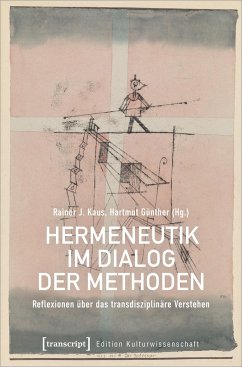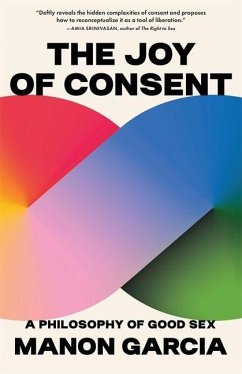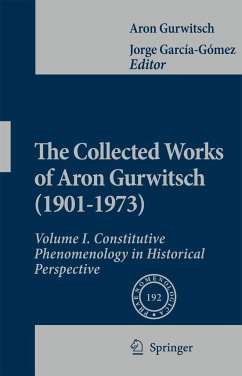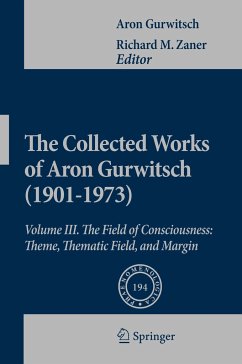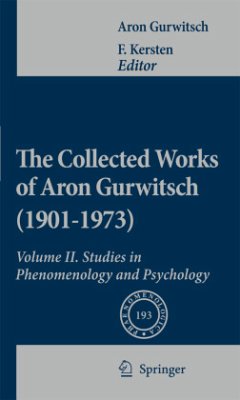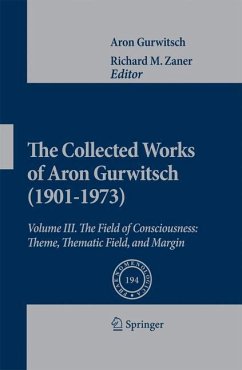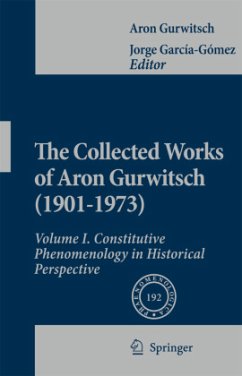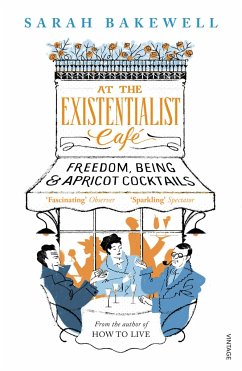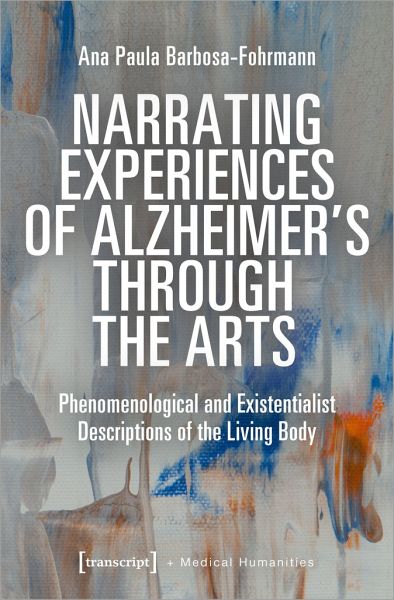
Narrating Experiences of Alzheimer's Through the Arts
Phenomenological and Existentialist Descriptions of the Living Body

PAYBACK Punkte
18 °P sammeln!
While Alzheimer's might be associated with a difficulty to express oneself, Ana Paula Barbosa-Fohrmann addresses this topic by examining experiences with Alzheimer's based on narratives. In this original contribution, she studies the nexus of life stories, subjectivity, fragmentation, and fiction. The philosophical basis of this research is phenomenology from the end of the 19th century to the middle of the 20th century, specifically that of Husserl and above all that of Merleau-Ponty. This work also draws on Proust's and Camus' literature as well as Beckett's dramaturgy.
Dieser Artikel kann nur an eine deutsche Lieferadresse ausgeliefert werden.




